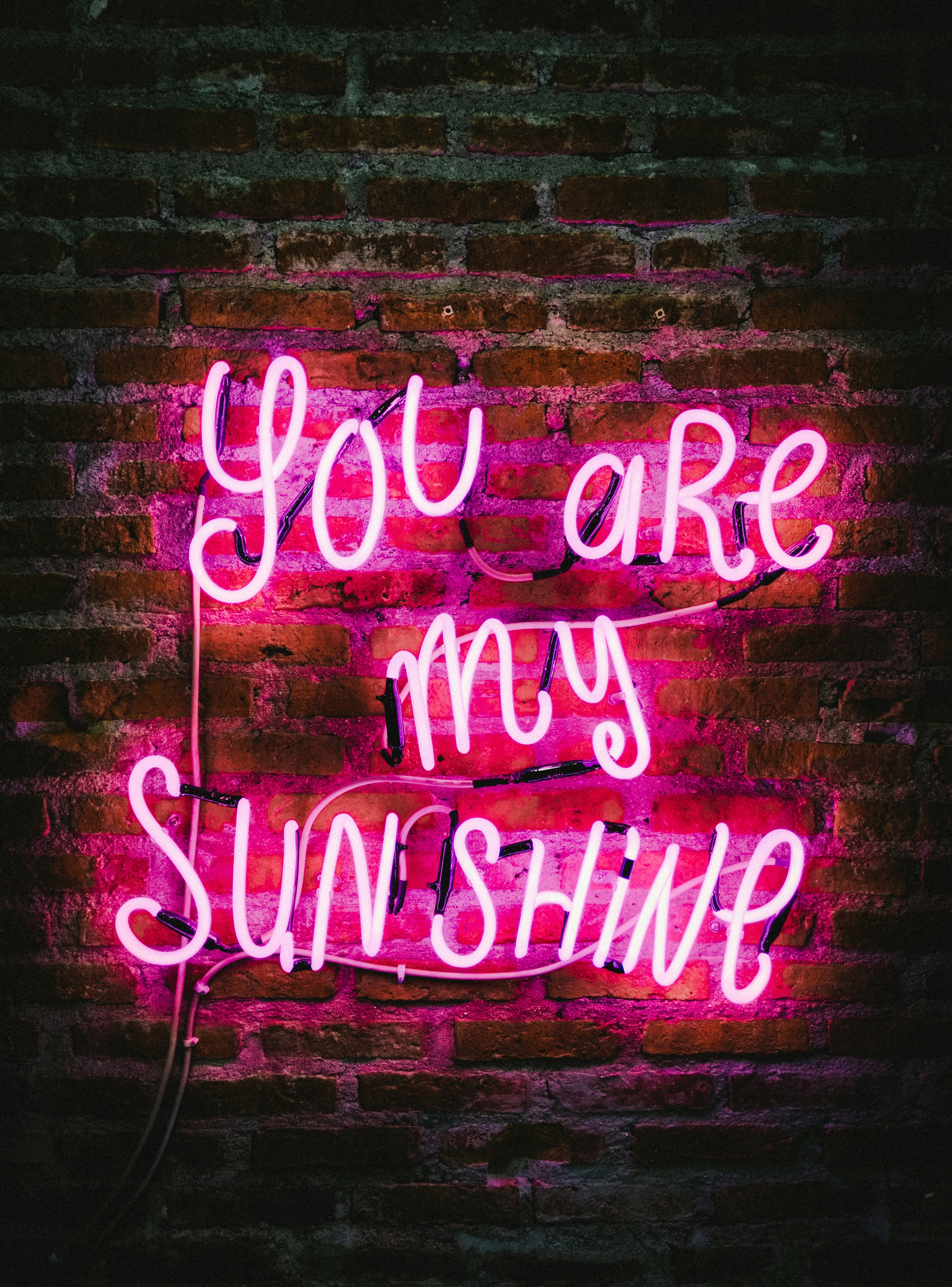UN Slams Hungary's Law Stifling Pride Parades: A Discriminatory Threat to Human Rights
Hungary's law limiting Pride Parades raises alarm among UNO authorities - International body expresses significant distress over law prohibiting Pride festival in Hungary
Unleash your curiosity, folks! Today, we're diving into the debacle stirred up by Hungary's recent legislation.
The United Nations (UN) has cast a critical eye on Hungary's latest maneuver - a law that effectively bans the annual Pride parade. This contentious piece of legislation prohibits events that contravene a 2021 law aimed at barring the "showcasing and promotion" of homosexuality and transgender topics to minors. Violators face fines of up to 500 euros, and it's all in the name of "child protection."
The architect of this law? The right-wing populist Hungarian government, led by none other than Prime Minister Viktor Orban. Last month, the government made it clear that this year’s Pride parade would no longer be "tolerated" in its current publicly-recognized form.
The sequel to this unfolding saga involves our top dog at the UN, the High Commissioner for Human Rights, Volker Türk, who hasn't made a stated comment on the issue, but alas, a spokesperson for the UN's human rights commission has. They've voiced deep concerns about the law, arguing that it inflicts arbitrary and discriminatory restrictions on the rights of LGBTIQ+ individuals to freedom of expression, peaceful assembly, and privacy. These concerns extend to the potential misuse of surveillance technologies such as facial recognition, which may be deployed in a biased manner.
What's the broader picture here? Well, in general, the UN takes a stand to safeguard human rights, with a special focus on the LGTBQ+ community. Their concerns center around:
- Arbitrary Restrictions: The law limits fundamental rights, like freedom of assembly and expression, in a way that unfairly targets the LGBTQ+ community.
- Discriminatory Measures: The applications of surveillance technologies like facial recognition could be seen as a form of targeted discrimination against attendees at Pride events.
- Human Rights Violations: The law thwarts the principles of equality and non-discrimination that are embedded in international human rights law.
Fair warning: The implications of this law go beyond simple pride festivities. We're talking about a direct assault on the basic human rights of an entire community, a blatant disregard for the very principles that the UN fights so hard to uphold. So, keep your eyes peeled, folks! The fight for equal rights continues.
- UN
- Hungary
- Volker Türk
- Child Protection
- LGBTQ+ Rights
- Prime Minister Viktor Orban
- Freedom of Expression
- Peaceful Assembly
- Facial Recognition Technology
- Discrimination
- Human Rights Violations
- International Human Rights Law
- The United Nations (UN) has expressed deep concern over Hungary's law restricting Pride parades, as this legislation could potentially infringe upon the fundamental rights of LGBTIQ+ individuals, such as freedom of expression and peaceful assembly.
- This concern is particularly evident in light of the potential misuse of surveillance technologies like facial recognition at Pride events, which could be seen as a form of targeted discrimination against attendees.
- Furthermore, the UN argues that Hungary's law contradicts international human rights law, given its arbitrary restrictions and discriminatory measures, and represents a direct assault on the basic human rights of the LGBTQ+ community.




